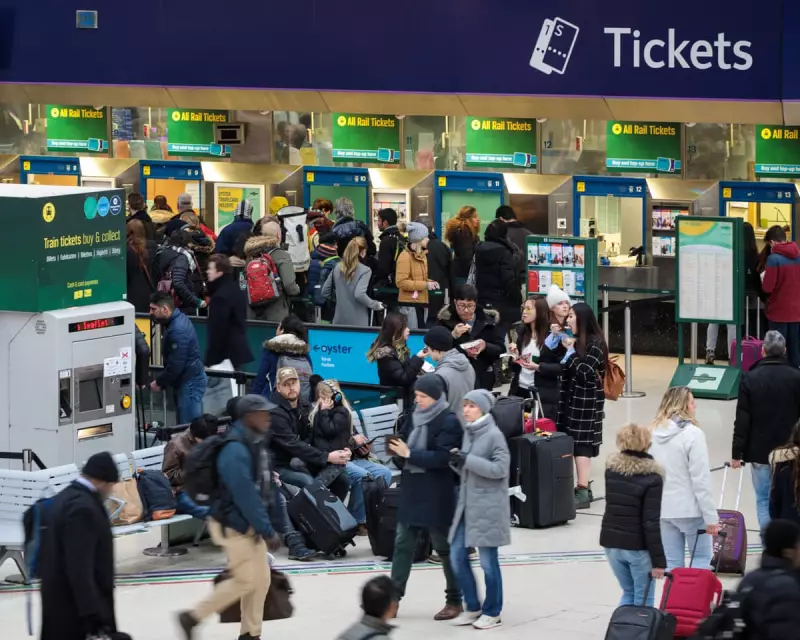
Rail passengers in England are bracing for another financial blow as train fares are expected to rise in line with inflation. The latest hike will see commuters paying more for their daily journeys, adding strain to already stretched household budgets.
How Much Will Fares Increase?
The exact percentage of the increase will be tied to the Retail Price Index (RPI), a measure of inflation. While the final figure hasn't been confirmed yet, experts predict it could be around 4-5%, meaning a season ticket costing £3,000 could rise by £120-£150 annually.
Impact on Commuters
Regular rail users will feel the pinch most acutely:
- Season ticket holders face the largest absolute increases
- Off-peak and leisure travellers will also see higher prices
- Flexible ticket options may become relatively more expensive
Government and Industry Response
The Department for Transport maintains that fare increases are necessary to fund rail improvements and maintain services. However, passenger groups argue that commuters are being asked to bear too much of the financial burden, especially when service reliability remains inconsistent.
Looking Ahead
With inflation pressures continuing, this fare rise may not be the last. Campaigners are calling for a fundamental review of rail pricing to make the system fairer and more sustainable in the long term.





